Electronic pianos and organs, synthesizers, and keyboards have created some of the most memorable and recognizable intros and solos in modern music. They’ve provided the signature for everything from top-selling songs and jingles, to unmistakable computer startup sounds and cell phone ringtones, and the musicians and sound engineers who use these instruments are meticulous about their performance.
Not surprisingly, they’re aware of the fact that most music listeners are oblivious that not all electronic keyboards are the same. Every keyboard has its own unique set of capabilities and features that are designed to produce very specific outputs. That’s why if you’re interested in investing in any type of electronic keyboard, either for studio work or for relaxing at home, you need to be aware of what the main difference is before you buy.
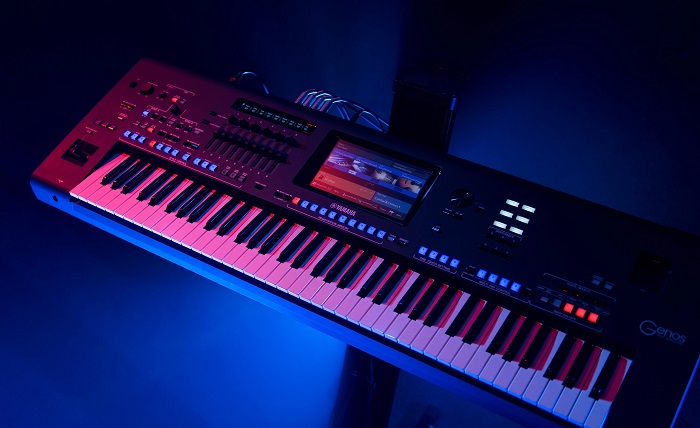
Choosing the Right Electronic Keyboard for the Sound You Want
It doesn’t matter if you’re a professional musician, a sound engineer, or just someone who enjoys playing an instrument in their spare time, the sheer variety of electric piano and music keyboards that are available today is nothing short of amazing. From high-end 44-key synthesizers that are engineered to reproduce the legendary sound of 60s-era synths, to full-function 88-key stage pianos with the capacity to layer the sounds from multiple pianos, there’s an option available for every type of audio production imaginable.
Aside from their sound and tonal quality, physical attributes, and a list of other factors that are largely matters of preference, the main distinction between all of these music keyboards really only comes down to whether the instrument is analog or digital. The difference is real; and it’s just as much about how you want a piece of music to sound when you’re creating it, as it is about circuitry and physical components. Both forms of signalization have their own unique composition qualities, which is why sometimes you’ll even sense the urge to combine them.
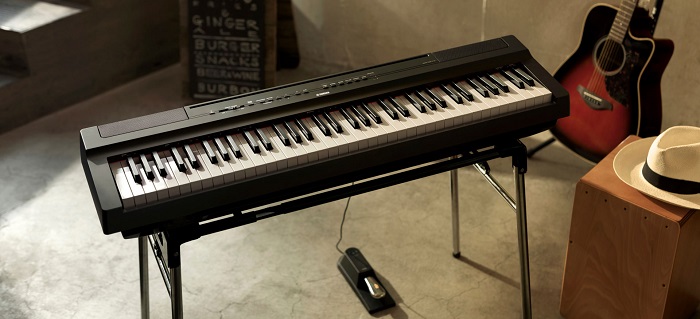
You Can Hear the Warmth in Analog Keyboard Productions
Not unlike the legendary keyboards of the 60s and 70s, a modern analog electronic keyboard uses fluctuations in electric voltage to bring sound to life. Improvements in technology have helped to make these music keyboards for sale more reliable than they’ve ever been, but their reliance on tried and true Voltage Controllable Oscillator (VCO), Voltage Controllable Filter (VCF), and Voltage Controllable Amplifier (VCA) circuitry to generate their instantly identifiable analog tones is as distinctive as it’s ever been.
Impeccable control over output characteristics like tonal colour, timbre, and loudness are analog piano keyboard trademarks; and they come with a range of production advantages that include:
· Smoother, warmer sound created by inherently lower frequency ranges and dynamic response;
· Unrestrained sound resolution, with virtually no restrictions on sample rate or bit depth; and,
· Unrestrained control resolution, allowing for instant changes in tonal quality.
Analog music keyboard buyers and enthusiasts also have the benefit of simplicity. These keyboards are renowned for their single knob / single job functionality which, in spite of analog’s higher price point, goes a long way toward making it easier to tune, adjust, and modify their outputs.
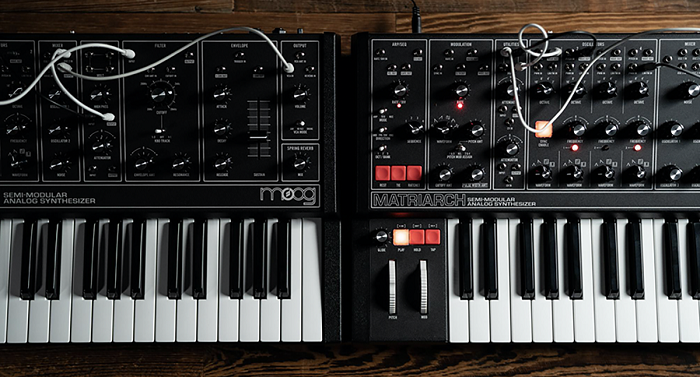
Unleashing Your Creativity With Digital Keyboard Clarity
Digital keyboards are the full-featured, hi-tech alternative to their analog counterparts. Instead of relying on VCOs, VCFs, and VCAs for sound modification, digital keyboards are able to make use of an unlimited range of electronic options that can be programmed into the instrument. That makes them the ideal platform for virtually any type of audio processing where effects, enhancements, and filters need to be used.
With digital keyboards, music can be processed, synthesized, and even sampled, all from a single instrument. In fact, many of today’s most modern digital keyboards possess processing power that’s easily on par with most new computers, making them the clear preference for:
· Developing and using advanced audio techniques that aren’t possible with analog keyboards;
· More nuanced control over sound production quality and output; and,
· Unlimited retention and reproduction of the exact same processing sequences from memory.
Aside from their wealth of sound processing capabilities, digital keyboards are also noticeably lighter, easier to transport, and even less expensive than analog models. A lot of the credit falls to the advantages that are gained through electronic miniaturization, although some of it is attributable to the product in demand. The tonal warmth that a lot of musicians and sound engineers have a fondness for is inherently difficult for digital keyboards to reproduce, and that inability is ultimately reflected in their lower price.
There is, however, a family of keyboards that combine the best qualities of both analog and digital signalization. These musical hybrids have garnered a lot of attention in audio circles over the last decade for their jack-of-all-trades flexibility, and it’s no surprise that with their ability to tailor their outputs, that they would also fit the widest range of price points.
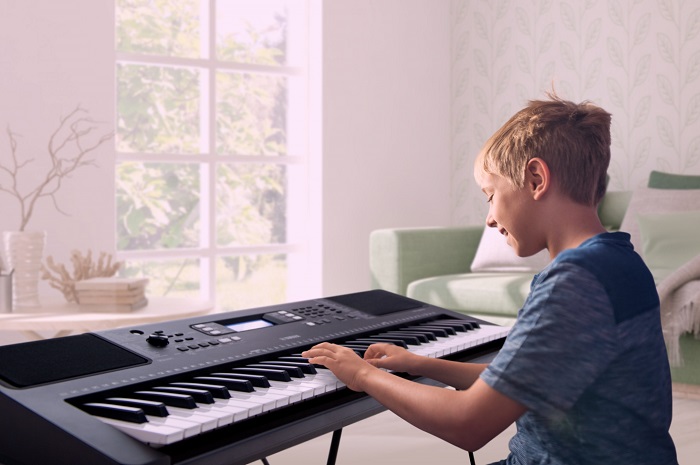
Hybrid Keyboards Give You the Best Musical Experience From Both Worlds
Hybrid keyboards are the perfect solution for musicians, sound engineers, and even beginners to get the most benefit from the broadest selection of both analog and digital benefits. Typically, hybrid flexibility allows manufacturers to take either analog or digital sounds, and process them with filters or synthesizers using the opposite signalization.
Across the board, hybrid keyboards allow for greater control of the output, making it possible to produce music that has the warmth and tonal colour of analog, the distinction and clarity of digital, or any number of other combinations. And although hybrid keyboards lack the simplified functionality of pure analog keyboards or the price advantages of pure digital ones, they bring a level of sound mastery to the world of electric keyboards and pianos that can’t be produced by any other instrument.
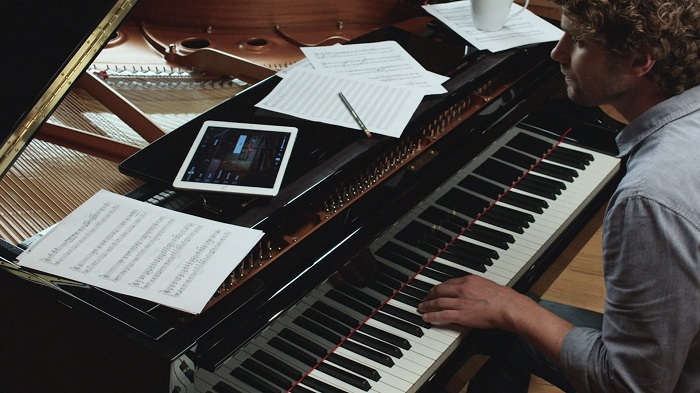
The Final Word
At the end of the day, your choice of keyboards can be driven by anything from the amount of available space you have, to how easy it is to transport, but when it comes to output, only two points matter: whether it’s analog or digital. And while most musicians and sound engineers tend to have an overwhelming preference for one or the other, there can be times when having the attributes from both in a single instrument is going to produce the best output.
That’s why you need to be aware of the differences before you buy an electric piano or keyboard. You want to get the most favourable use possible out of your instrument, and with a bit of insight, you’ll be producing music that’s just right for you.












